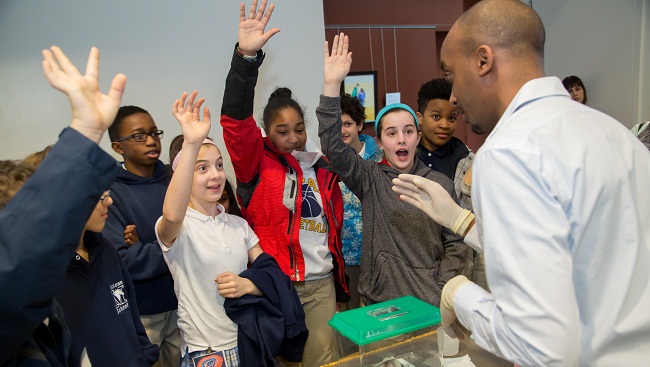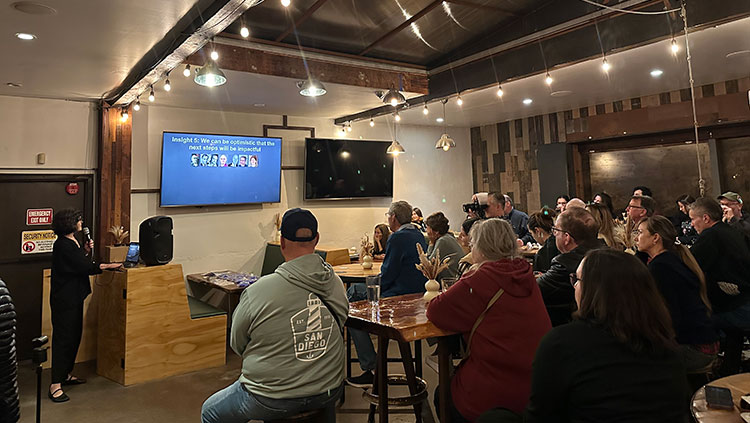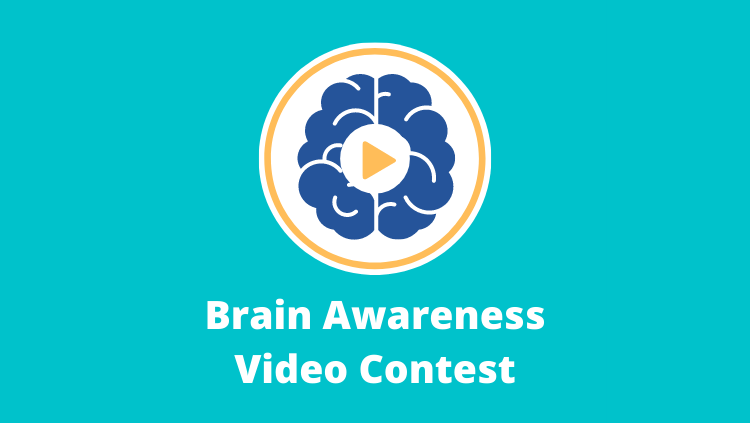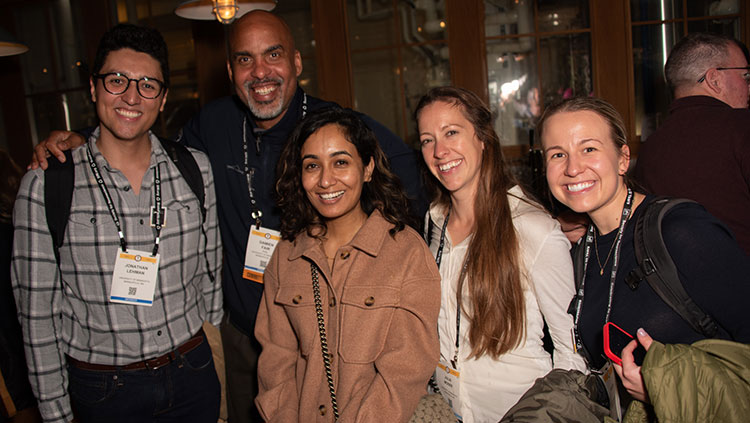Find a Neuroscientist: Frequently Asked Questions
- Published24 Apr 2014
- Reviewed19 May 2014
- Source BrainFacts/SfN

Why would a scientist want to help me?
- The neuroscientists listed are members of the Society for Neuroscience who have explicitly expressed an interest in partnering with the public.
How do I arrange a visit?
- Search for neuroscientists near you. Contact an individual to schedule a visit. Make requests as far in advance as possible; scientists are busy people.
Do I have to pay the neuroscientist?
- No. The researchers are volunteers who want to share their love of the brain. Discuss your event plan and needs with the volunteer.
How much time will the neuroscientist spend?
- Discuss this before the visit and make arrangements that work for both of you. Depending on the event or activity, an hour or even several short visits may be appropriate.
Do I have to plan the presentation?
- Each neuroscientist has a different style. Some work best with direction from you, while others already have their own ideas. Communicate in advance.
What age group is best?
- Scientists and their community partners have successfully organized events for people of all ages. The key is to find a scientist who you work well with.
Isn’t neuroscience too complicated for my audience?
- Everyone has a brain and people enjoy learning about themselves. The brain controls feeling and movement, learning, and even regulates heart rate. Neuroscience is a great conduit to all sciences.
CONTENT PROVIDED BY
BrainFacts/SfN
Also In Programs and Events
Trending
Popular articles on BrainFacts.org















